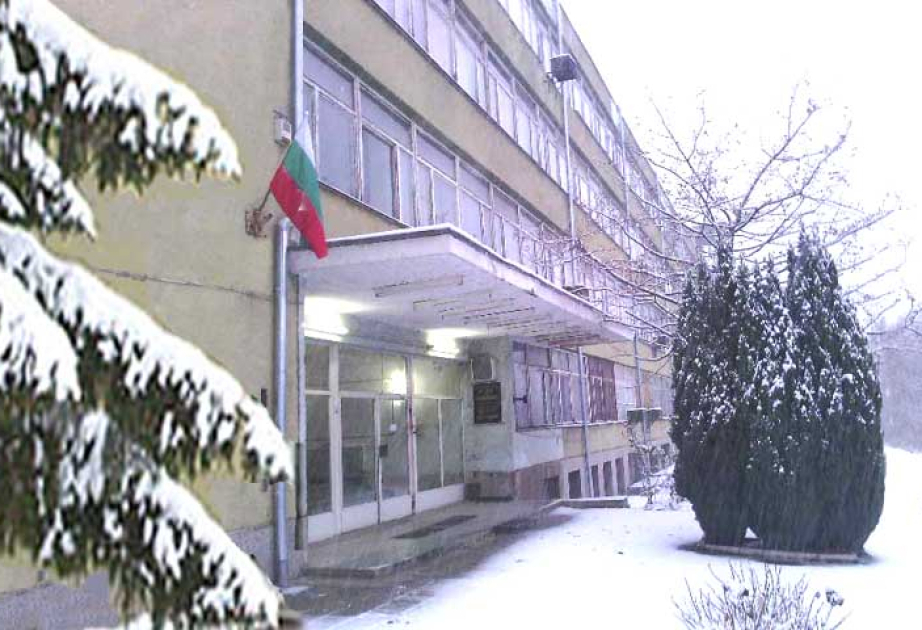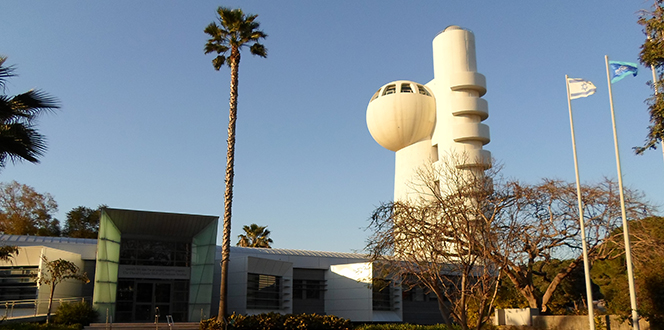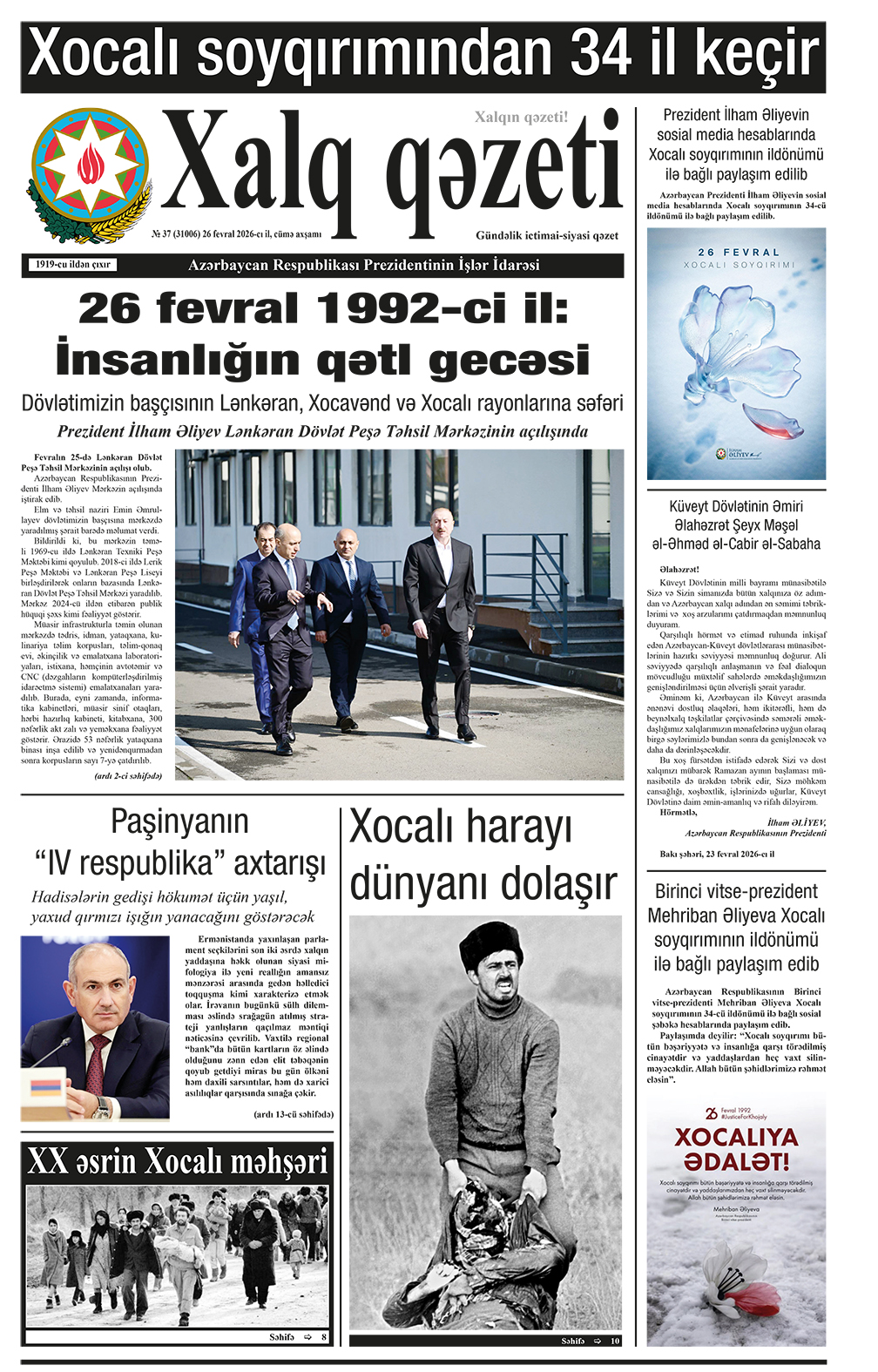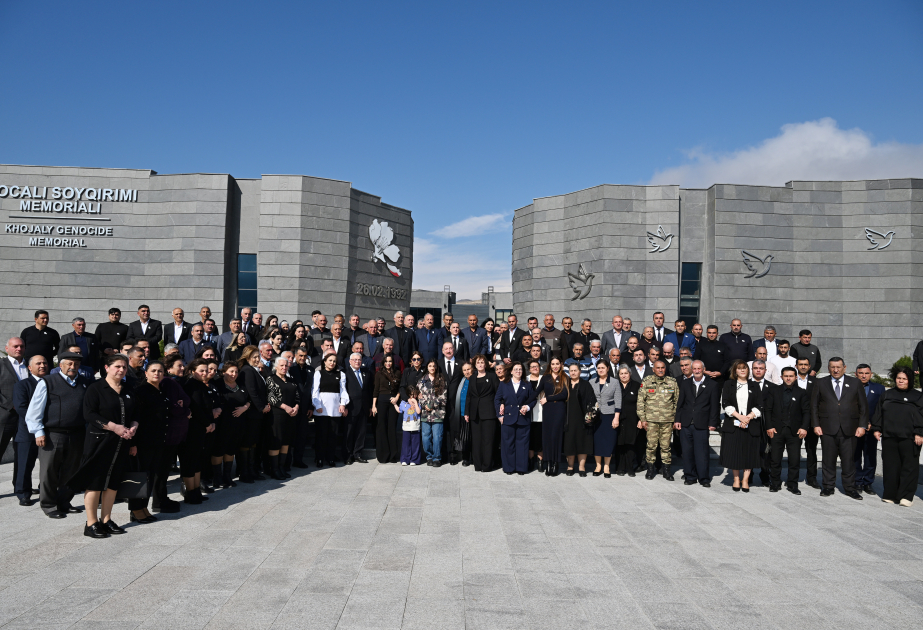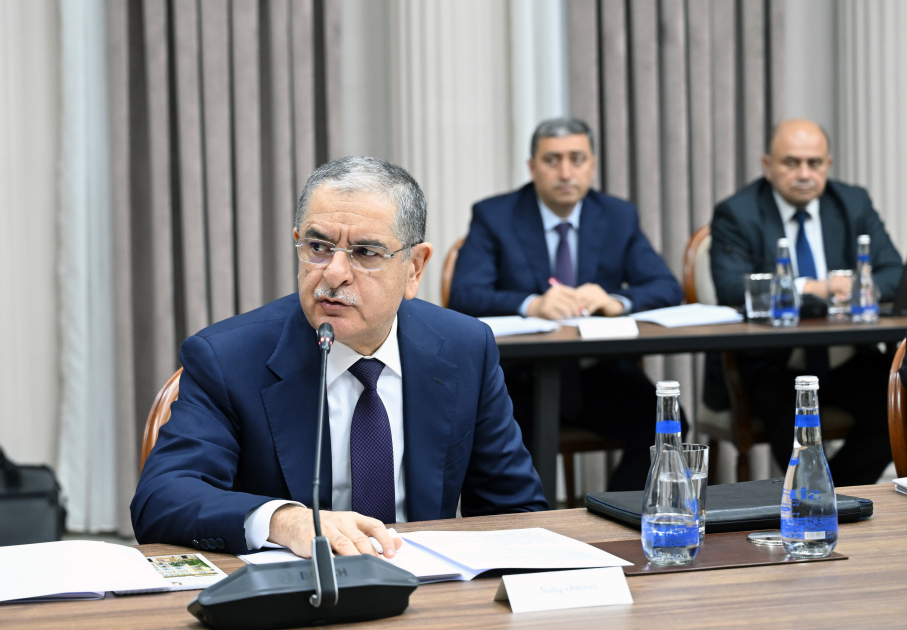Antibacterial surfaces with application in repairing damaged bone tissue are being developed by scientists at the Bulgarian Academy of Sciences' Institute of Electronics (IE-BAS), according to the Bulgarian News Agency (BTA).
The research used ultra-short-pulse lasers to enhance the antibacterial properties of ceramic and polymer materials compatible with human tissue, the press centre of the scientific institution reported on Friday.
The results of laboratory studies show the influence of laser radiation on the cellular composition of surfaces, which is essential for the efficient repair of damaged tissues. The antimicrobial properties of the laser-treated surfaces were evaluated in interaction with different bacterial strains.
The conducted studies proved that it is harder for bacterial cells to remain on the treated material, and their viability decreases. The experimental methodology of the scientists from the Institute of Electronics confirms the non-contact surface femtosecond laser structuring of biocompatible materials as a sustainable process that has potential application in the development of antibacterial surfaces for medical and environmental purposes.
The research was carried out under the supervision of Assoc. Prof. Albena Daskalova and was highlighted as the IE-BAS' most important scientific and applied achievement for 2024. The results have been published in five prestigious international scientific journals.


